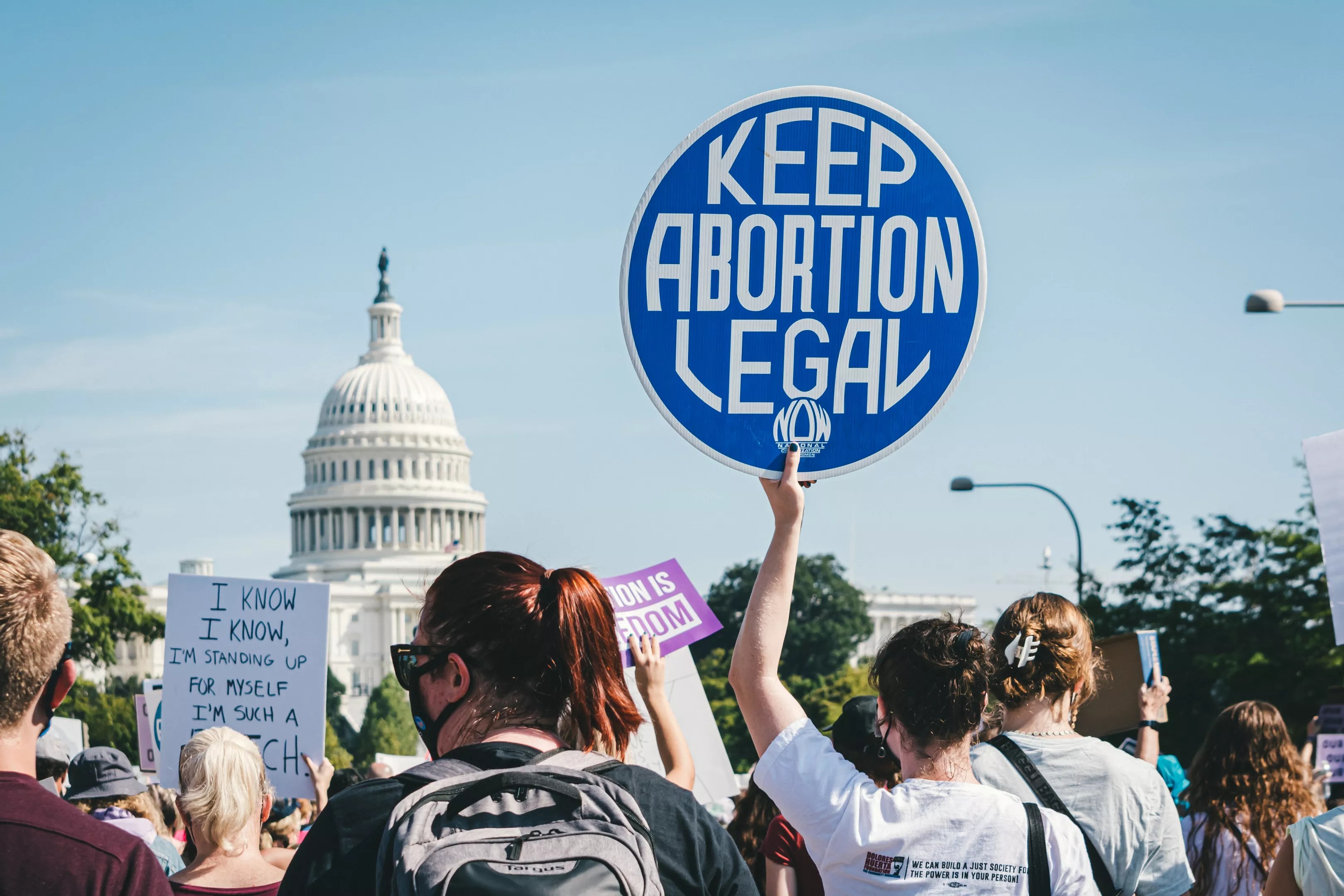
Photo by Gayatri Malhotra on Unsplash

Audio By Carbonatix
The number of abortions in the U.S. has dropped since last June’s reversal of Roe v. Wade, the 1973 Supreme Court decision that decriminalized abortion nationwide. And the Lone Star State led the way with the steepest decline.
That’s according to recent data from the national abortion reporting effort #WeCount by the Society of Family Planning. The June 15 report found that in the nine months following the Dobbs v. Jackson Women’s Health Organization decision, which overturned Roe, the number of legal abortions in Texas plummeted by roughly 23,340.
That finding wasn’t a shock to Dr. Ghazaleh Moayedi, a Dallas obstetrician-gynecologist.
“It wasn’t a surprise to me, but it definitely was a punch in the gut,” Moayedi said.
Before the 2021 passage of Senate Bill 8, the state’s near-total abortion ban, Texas was one of the country’s leading states for abortion care, Moayedi said. She said it makes sense that Texas would have the sharpest decline, especially since people from states like Louisiana, Oklahoma and Arkansas would consistently travel here for help.
Moayedi is the founder of the community health resource Pegasus Health Justice Center. She said that the landscape for abortion care in the region significantly shifted after SB 8.
Texans in need of abortions flooded clinics in neighboring states where the procedure was still offered, she said. In turn, people from those states had a harder time accessing care.
In February 2022, Planned Parenthood reported a nearly 800% spike in abortion patients from Texas at health centers in surrounding states.
After Oklahoma banned abortion in spring 2022, the closest clinic within driving distance was in Wichita, Kansas, Moayedi said – roughly five-and-a-half hours from Dallas.
Moayedi is also part of the reproductive freedom-focused Trust Respect Access coalition, which works to restore abortion access in Texas. Abortion may be banned, she said, but people will always need abortion care.
Later, she added: “Texas had the largest decline, but it certainly doesn’t mean that … those Texans didn’t have abortions.” Rather, they may have left the state.
“The impact on Texas communities since Texas’ statewide ban on abortions was enacted a year ago has been nothing short of devastating.” – Dr. Amna Dermish, Planned Parenthood of Greater Texas
Anti-abortion legislation from Texas’ Republican-majority Legislature inspired similar laws nationwide. There were around 25,640 fewer abortions across the country in the nine months after Dobbs, compared with April 2022, according to the #WeCount report.
Other states where abortion is now illegal also witnessed post-Dobbs abortion declines, the report found. Georgia saw 15,720 fewer abortions and Tennessee had 10,100 fewer.
The Society of Family Planning noted that other areas experienced an influx of out-of-state patients. Florida, for instance, counted around 12,460 more clinician-provided abortions in the nine-month period examined.
Dr. Amna Dermish with Planned Parenthood of Greater Texas told the Observer via email that Texans have been hit hard by the ban.
“The impact on Texas communities since Texas’ statewide ban on abortions was enacted a year ago has been nothing short of devastating,” said Dermish, PPGT’s chief operating and medical services officer.
Dermish said the state’s ban has led to confusion, both for patients facing health risks and for providers who aren’t certain whether “the care they need to provide is legal or not.”
As a result, several Texas women and doctors have filed suit against the state. Some plaintiffs claim they were denied medically necessary abortions under the ban, which allows for termination only to save the life of the pregnant person. Critics have blasted the medical exception definition as overly vague.
Dermish further emphasized that Texans have faced a “complex legal landscape” surrounding abortion access over the past decade. Now, the same can certainly be said for other marginalized communities such as transgender people who face mounting barriers to gender-affirming care.
“Texas is a case study for the urgent need to protect reproductive rights and ensure that healthcare providers can offer safe and comprehensive care to their patients without political interference,” Dermish continued. “It is imperative that we advocate for a healthcare system that prioritizes the well-being and autonomy of all individuals and allows physicians to care for their patients.”